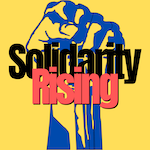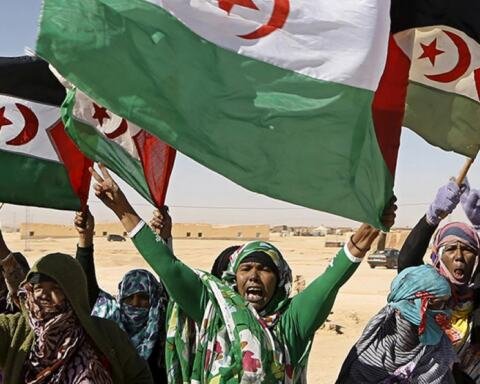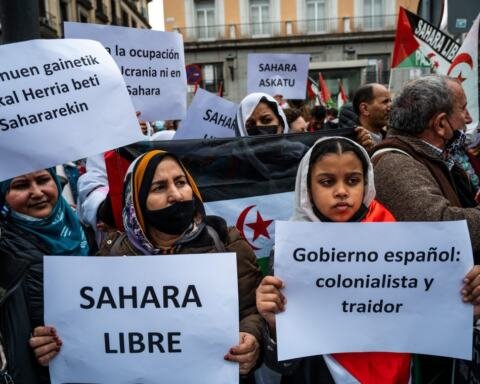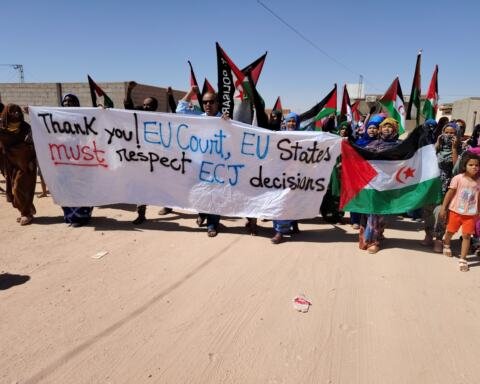This article addresses the role of natural resources in the protracted conflict between Morocco and Western Sahara. Drawing from literatures of political ecology and political science, the article argues that natural resources have been deeply implicated in the conflict over time, with resource-related developments lending legitimacy to each party in different ways. The complex political economy of resource exploitation and the associated geopolitical enjeux have led to the de facto recognition of Morocco’s occupation, and the symbolic aspects of natural resources have lent the Sahrawi cause legitimacy and an important node around which allies can be mobilised.
That sovereignty is contested has facilitated a discourse in a different, more powerful way than when it is not in question, particularly in the Sahrawi’s capacity to invoke international law to support their case. Drawing on the cases of South Sudan and Indonesia, the article ends with a brief discussion of the potential of the region’s high-value resources for peace-making activities.
Full article
Conflict-Stalemate-in-Morocco-and-Western-Sahara-Natural-Resources-Legitimacy-and-Political-RecognitionSource: Taylor & Francis Online
Support our work
Support our work
Support our work with a one-off or monthly donation
AuthorNatasha WhiteYear2014Pages20LanguageEnglish
Share via
Related resources
The Western Sahara Dispute: A Cautionary Tale for Peacebuilders
The UN and MINURSO have succeeded neither inconducting a referendum nor in…
Western Sahara as a Hybrid of a Parastate and a State-in-Exile: (Extra)territoriality and the Small Print of Sovereignty in a Context of Frozen Conflict
Within the liminal universe of parastates, what makes Western Sahara/SADR…
The Front Polisario Verdict and the Gap Between the EU’s Trade Treatment of Western Sahara and Its Treatment of the Occupied Palestinian Territories
Morocco’s control over Western Sahara and Israel’s control of the West Bank…



